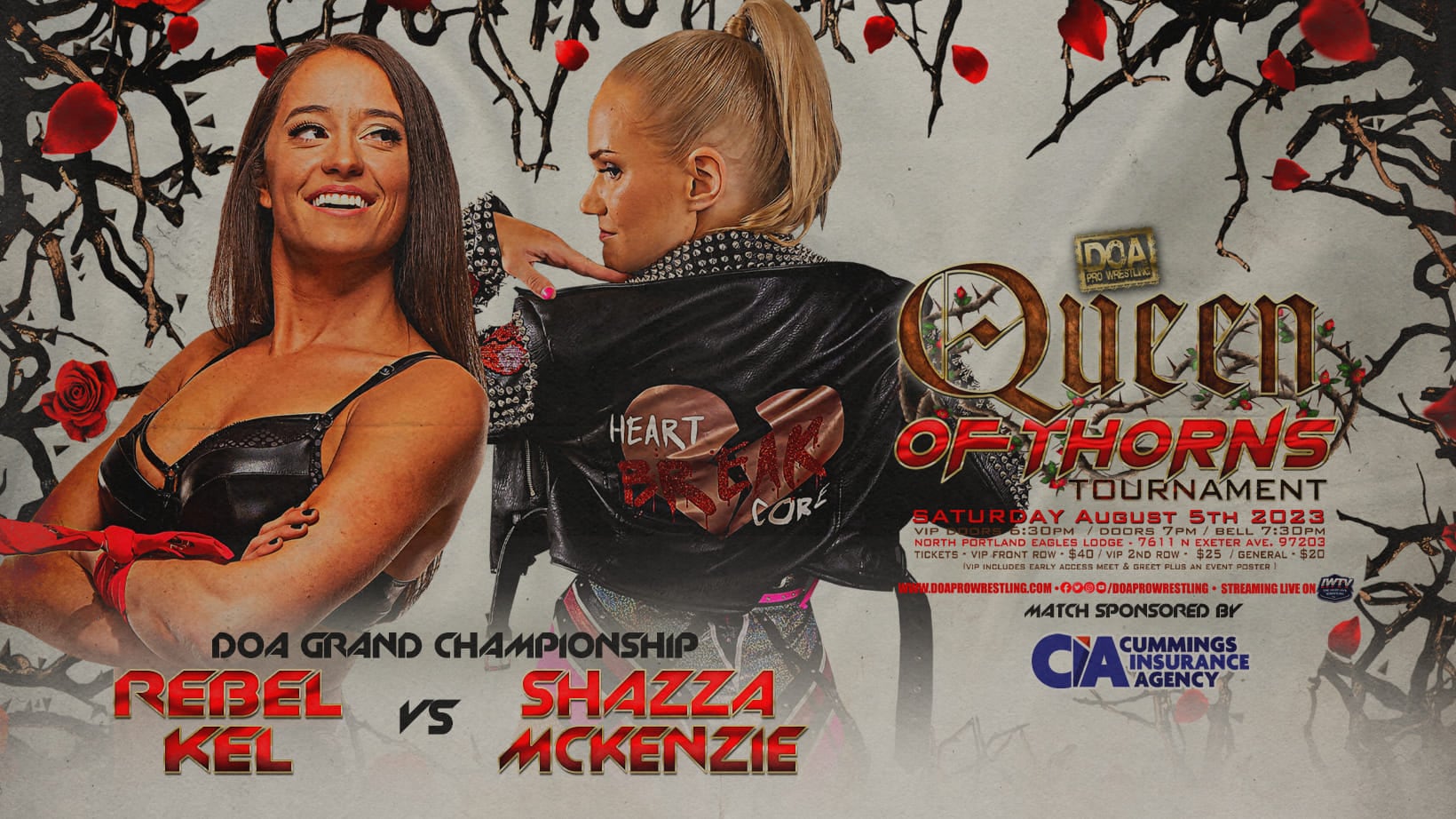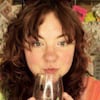Once a month, a mostly abandoned-looking Eagles lodge just off of North Lombard Street transforms into a raucous arena filled with screaming pro wrestling fans, cheering on stars like The Unbelievable Jaiden, “La Bruja” Abigail Warren and The Homicidal Artist Drexl.
Portland wrestling is back, and this time it’s queerer and more diverse than ever.
The city was a historic wrestling foothold starting in 1925, says Portlander Brian Bell, who hosts the podcast LGBT in the Ring and writes about LGBTQ pro wrestling for the news website Outsports. That year, Herb Owen founded Pacific Northwest Wrestling, which eventually developed into a locally televised force, featuring talent that included “Rowdy” Roddy Piper and Jesse “The Body” Ventura.
But after the program was canceled in 1991, the joke was that the Pacific Northwest was a black hole for wrestling, Bell says. In the past decade or so, however, two local promoters, DOA Pro Wrestling and Prestige Wrestling, have held monthly events, and the scene is rebuilding.
This time around, the rules are: no homophobia, no transphobia, no racism and no sexism. The performers are trans, cisgender, nonbinary, and a whole lot of fun to watch.
“Expect to be around a couple hundred loud and rowdy people who are there for what they are presenting,” Bell says. “Pro wrestling has been demystified; everyone knows it’s predetermined. Because of the artistic nature of it, people suspend their disbelief. It’s like going to the movies, except you’re encouraged to scream.”
Now that local pro wrestling has grown more inclusive, Bell says wrestlers’ characters may incorporate their identities directly, while others may have a completely different persona not tied to who they are at all.
“That’s the beautiful thing about it: As the number of people involved in pro wrestling has grown, so, too, has the form of expression,” they say. “I’ve been to DOA shows where there are matches between two queer men and crowds are shouting for them to make out with each other. Historically in pro wrestling, that would be something people would have been very against and booed.”
Now, Bell says, you’ll see matches between genders and nonbinary wrestlers. And there are still plenty of old-school pro wrestling personalities like the tag-teaming, Pit Viper sunglasses-wearing Hammer Brothers. A recent DOA event featured longtime independent wrestler Big Ugly on one card and his daughter, “La Bruja” Abigail Warren, who is a trans woman, on another.
“It’s now very accepting not just for LGBTQ people but marginalized people,” they say. “It’s expanding the idea of what a pro wrestling match can be.”
See the rest of Willamette Week’s Best of Portland 2023 here!

